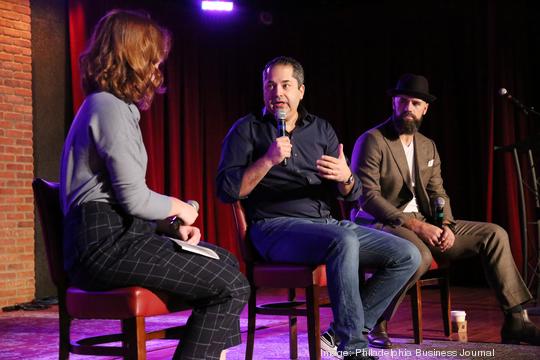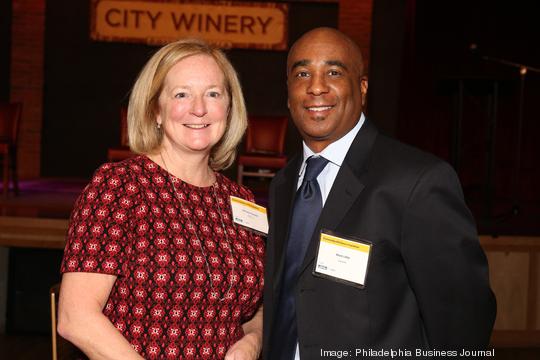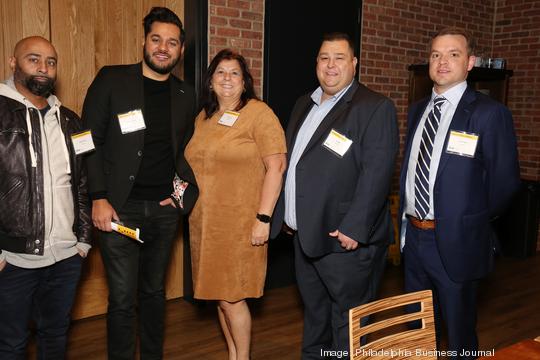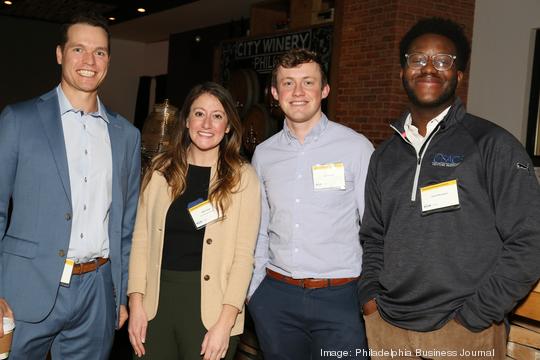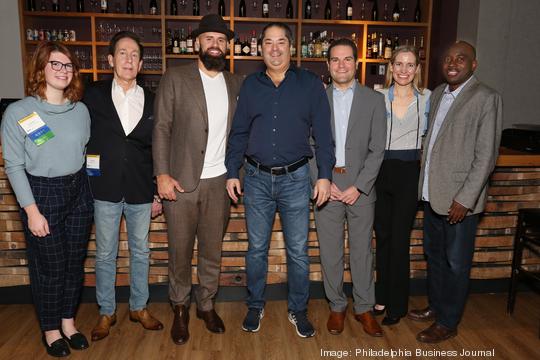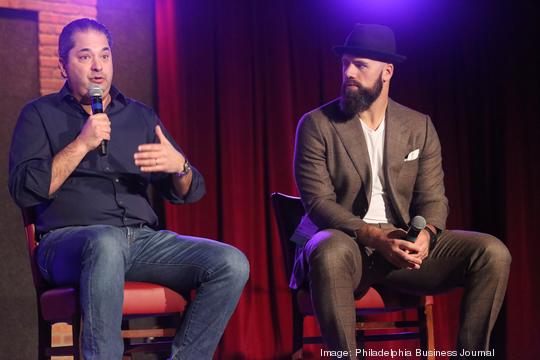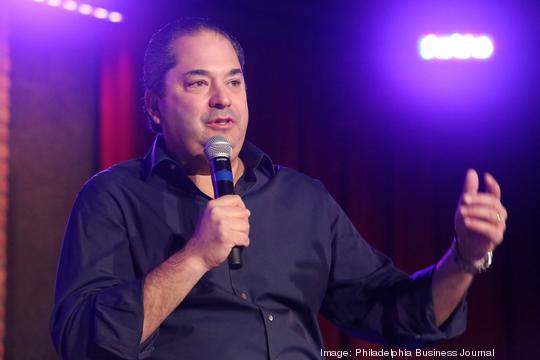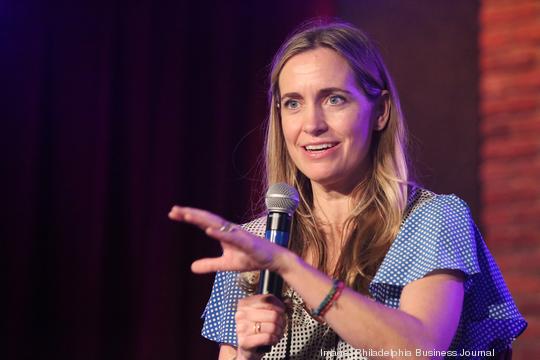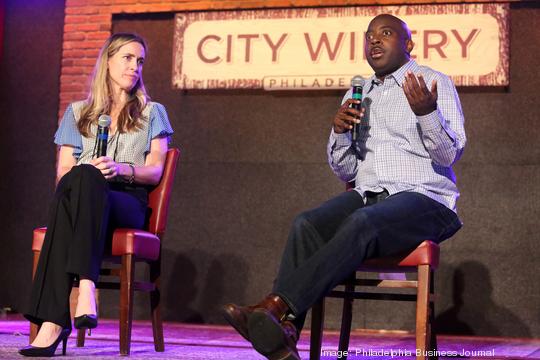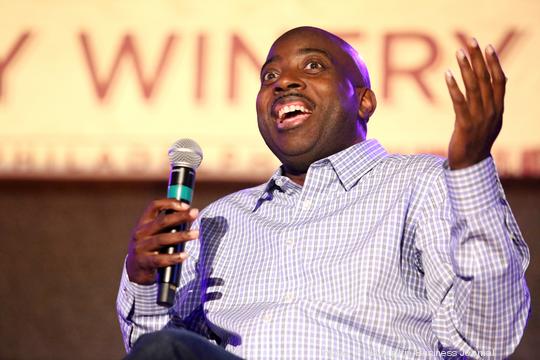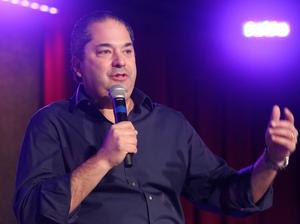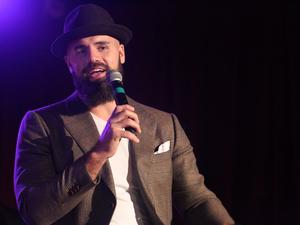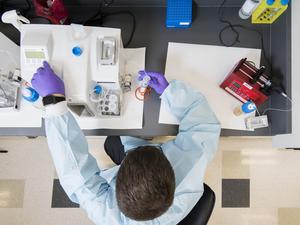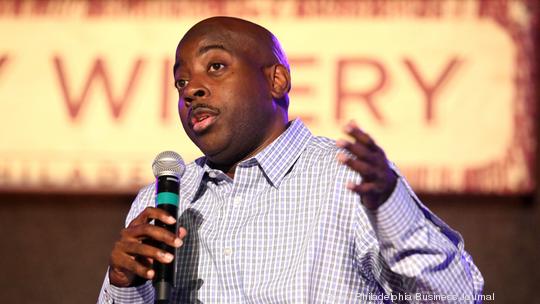
Greater Philadelphia’s venture capital landscape today stands in stark contrast to what it was a decade ago, buoyed by successful serial founders and enormous funding rounds, but ongoing problems facing the region could hinder growth, VC leaders say.
The venture scene in Philadelphia is “night and day” compared to 2011, said William Crowder, cofounder of Philadelphia-based Aperture Venture Partners, during the Philadelphia Business Journal's "Connecting with Venture Capitalists" event. Wayne Kimmel, managing partner of SeventySix Capital, says the venture community is better than it’s ever been in his decades of experience.
“You kind of have to sit back and be like, ‘You realize how good we actually have it?’” said Kimmel, adding that Philadelphia's location between New York and Washington, D.C., and anchor VC firms like First Round Capital position the region well.
Leaders remain optimistic about the future of the region's funding environment as local startups in the booming life sciences sector and burgeoning direct-to-consumer scene raise record amounts of capital. Philadelphia-area startups brought in about $400 million in venture capital funding in 2011. That amount has ballooned to a record $5.2 billion in the first three quarters of 2021, according to the latest Pitchbook-NVCA Venture Monitor report.
Simultaneously, securing capital from local firms has proven difficult, and the city's high poverty rate and crime issues could impede future startups from rooting themselves here, panelists said.
Philadelphia has always had the “seeds” to grow a great startup community, said Emily Foote, a principal with Bala Cynwyd-based Osage Venture Partners. Foote has been in the Philadelphia area for more than a decade, coming to the region as a cofounder of education startup Practice, which was acquired by Instructure in 2017.
Those seeds come from the number of universities in the area pumping out fresh talent, the lower cost of living, proximity to New York and Washington, D.C. and great health care options. But 10 years ago, the community wasn’t living up to its potential.
The environment has now completely changed. Greater Philadelphia startups are having a landmark year for raising money, and several local firms like dbt Labs and Phenom reached “unicorn” status with valuations exceeding $1 billion. Philadelphia-based Gopuff alone raised more than $2 billion, catapulting it to a $15 billion valuation.
Entrepreneurs have also evolved, building viable companies and founding multiple startups, Crowder said. Foote cited entrepreneurs like Rick Nucci — who cofounded Boomi, a tech startup that Dell acquired in 2010. Nucci went on to start Guru, which is now one of the highest-valued startups in the region at $230 million. Other serial entrepreneurs like Bob Moul of Circonus, Tristan Handy of dbt Labs and Bob Moore of Crossbeam have also helmed multiple companies in the last decade.
“You're starting to see this forest grow,” Foote said. “And with that, you have a larger ecosystem.”
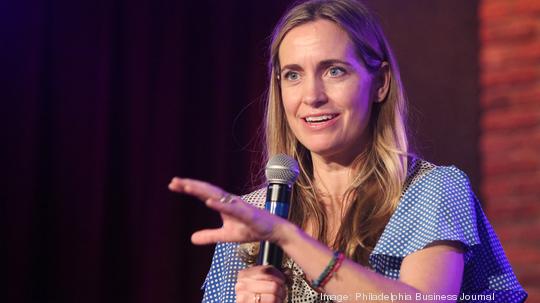
It’s still not as easy as it sounds to raise capital in Philadelphia. To raise another fund for Aperture, Crowder is looking outside of Philadelphia toward New York and cities in California. Aperture, a seed-stage venture capital firm that invests in Black, Latino and female startups in the fintech and software industries, raised $75 million for a fund earlier this year.
Philadelphia has long been living with the dynamic of founders not being able to get the funding they need from local firms, and oftentimes end up relocating to other cities where they could be closer to investors, Crowder said.
It’s nearly impossible for Philadelphia-area founders to raise capital from beginning to end with local investors, and it’s a similar scenario for other cities, Crowder said. Startups in Miami and Atlanta have similar problems, and it’s only New York, Silicon Valley and Boston that would likely be able to solely raise locally, he said.
“Everyone's got to go find money from other places, and in some places it’s just harder than others,” Crowder said. “This is one of them.”
Connecting with Venture Capitalists
Getting capital from elsewhere isn’t necessarily a bad thing, the panelists said. It can broaden startups' access to their investors’ networks and potential clients, and it’s critical to build relationships with investors from all over to find which ones will be the best fit as partners, Foote said.
The venture capitalists believe the region's fundraising momentum will last, and that rounds will only get more expensive. Crowder mentioned one founder he has known for 10 years who is raising a $4 million seed round without a launched product, but the founder said that every other startup was doing it.
“That’s a conversation we would not have had literally three years ago,” Crowder said.
Even if the large rounds prove to be unsustainable, Crowder doesn’t believe it will lead to a situation similar to the dot-com bubble.
What holds back Philadelphia’s startup community is the city itself, the panelists said.
With about a quarter of the city’s population living below the poverty line and more than 500 homicides so far in 2021, Philadelphia’s population growth could be stymied, Crowder said. Cities can’t act like they are a great place to live or build a company when it coexists with high murder and poverty rates, he said. Many people now have more flexibility to live where they want to with remote work, and Philadelphia may not be that choice. The city must make pathways to inclusive growth, Foote said.
“How do we create pathways for the second city to actually get jobs at these startups or be prepared with the skills for the future?” she said.
